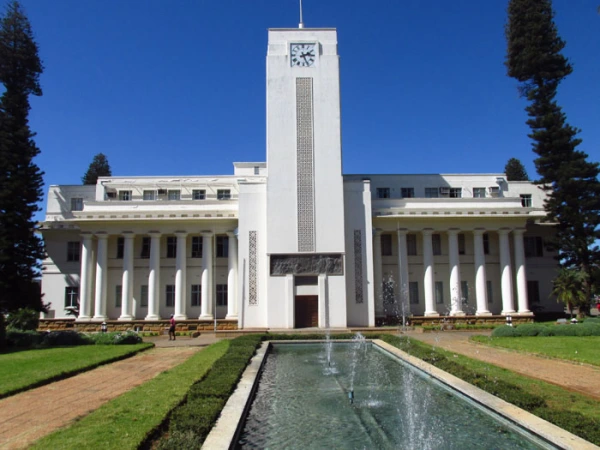Bulawayo residents have identified water supply as the main priority issue to address ahead of the mid-year budget performance and review consultation meetings.
The Bulawayo City Council (BCC) is set to hold these consultation meetings starting on Friday.
This year’s budget was set at US$264,064,416 with a focus on service delivery.
Bulawayo Progressive Residents Association (BPRA) Executive Director, Permanent Ngoma, said residents must enquire whether water funds have been properly allocated.
“Residents need to prioritise the issue of water. They need to interrogate if the funds allocated towards water have been properly channelled and how much progress has been made to address the challenge. Overall, there have been notable improvements in service delivery, especially in refuse collection in residential areas. The city council is doing its best in that department,” Ngoma said.
She added that consultation meetings should be held more regularly, as they provide an opportunity for residents to hold the local authority accountable for the use of funds.
“We need to note that the budget is not a once-off event. It is a continuous process where residents must be constantly engaged throughout the year to allow for transparency and accountability,” Ngoma said.
“When these consultations are done, it is usually just a one-day event in the ward, which is not enough for people to thoroughly review the entire budget. There need to be more feedback meetings to review and assess the budget.”
Bulawayo Residents Association (BURA) Chairperson, Winos Dube, said the review process comes at a time when the city is facing serious water challenges, which may overshadow the efforts of the local authority in other service delivery areas.
“The problem we have right now in reviewing the budget performance and assessing service delivery is that we are experiencing very serious water challenges as a city. This thus overshadows everything else,” Dube said.
“People have no water, which is an essential need, and it clouds all the other services that are being delivered. However, we encourage residents to interrogate how much has been spent on water and sewer blockages. Sewer bursts are being worsened by water shedding. Our roads also need serious attention. Additionally, we need adequate medication and facilities at council health institutions.”
“We are ready to see what has been done in the first half of the year. We understand that we are facing economic challenges, but that should not be a reason for poor service delivery.”
Matabeleland Institute for Human Rights (MIHR) Coordinator, Khumbulani Maphosa, said the review meetings are a welcome platform for residents to discuss alternative revenue streams for the local authority.
“These budget review meetings are about more than just reviewing service delivery. We need to assess if the local authority is getting the revenue it needs for service delivery. Is the money coming in and through what channels? We know that we are in a very challenging economy, with people struggling to pay their bills and businesses struggling to pay what they owe,” Maphosa said.
“At such platforms, we must review certain legislations that enable the local authority to generate its own revenue. For example, the government gave councils the authority to manage income-generating projects to improve service delivery. We should look at such projects in our city and how the council is managing them. TTI, for instance, how much is it remitting, and how is the money being spent?”
He added that civil society needs to play an active role in educating residents about how to handle these consultations.
“What should residents interrogate in a budget? Unfortunately, funding for CSOs has significantly reduced, making it difficult to conduct these capacitation meetings. But residents must inquire about alternative ways to generate revenue apart from rates.”

